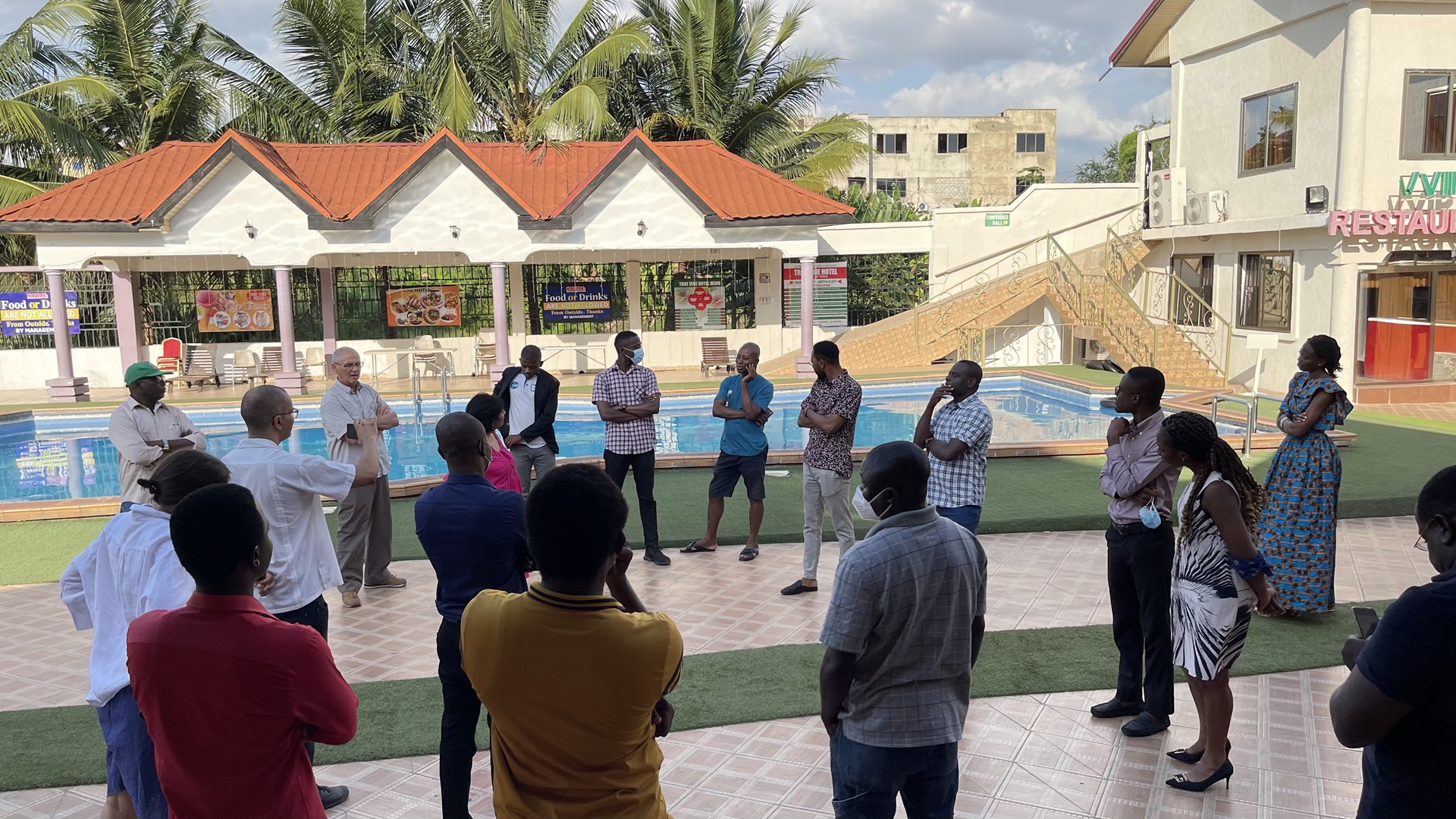Air pollution and health training toolkit for health workers (APHT)
Air pollution is a major environmental health threat and one of the main risk factors for noncommunicable diseases. Globally, air pollution is responsible for about 7 million premature deaths per year due to ischemic heart disease, stroke, chronic obstructive pulmonary disease and lung cancer, but also from acute lower respiratory tract infections.
Despite most of health curricula do not address the health impacts of air pollution, the international community recently recognized that health workers have a more prominent role to play in the battle for clean air.
Mandated by its Member States, WHO is developing the Air Pollution and Health Training (APHT) toolkit for health workers.
The APHT toolkit is a set of materials designed to enable health workers, in both the clinical and public health fields, to understand the health risks of air pollution and identify risk reduction measures. Health workers can use the health argument to advocate for clean air interventions and promote the collaboration between civil society relevant actors and governmental institutions for policy implementation. Using a train-the-trainer approach, the APHT toolkit also helps facilitate the organization of in-person workshops, online courses and other learning opportunities.

training workshop on air pollution
The main elements of the toolkit:
The toolkit shall be available by the end of 2023.
WHO is also developing a series of publicly available online courses on air pollution and health via the WHO e-learning platforms to make the material accessible to a broader audience and easily replicable.
Related news
Related feature stories
Related publications
Full ReportThe publication provides a comprehensive update on the status and key actions needed for providing reliable, modern energy to health-care...
Mapping opportunities for training in air pollution and health for the health workforce
This report describes the mapping of training programmes in air pollution and health specifically for health workers, with analyses of their strengths...
WHO global air quality guidelines: particulate matter (PM2.5 and PM10), ozone, nitrogen dioxide, sulfur...
Clean air is fundamental to health. Compared to 15 years ago, when the previous edition of these guidelines was published, there is now a much stronger...
Personal interventions and risk communication on Air Pollution
This report presents the results of an expert consultation whose objectives were to review and assess the current scientific evidence on questions related...
Related factsheets
Related health topics
Related teams







